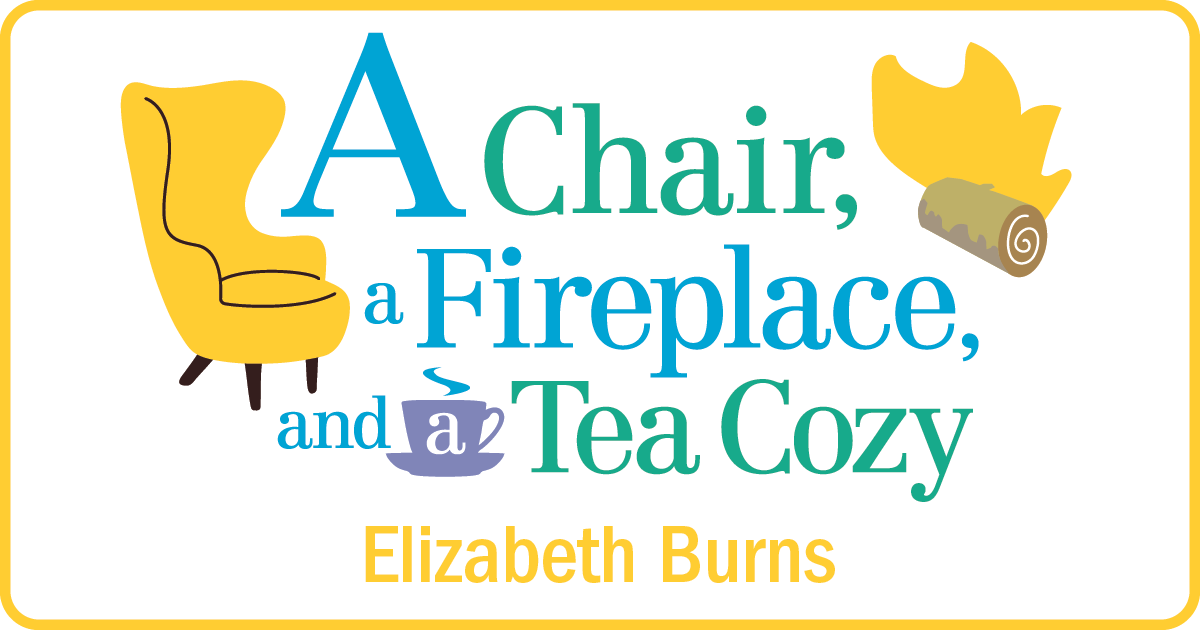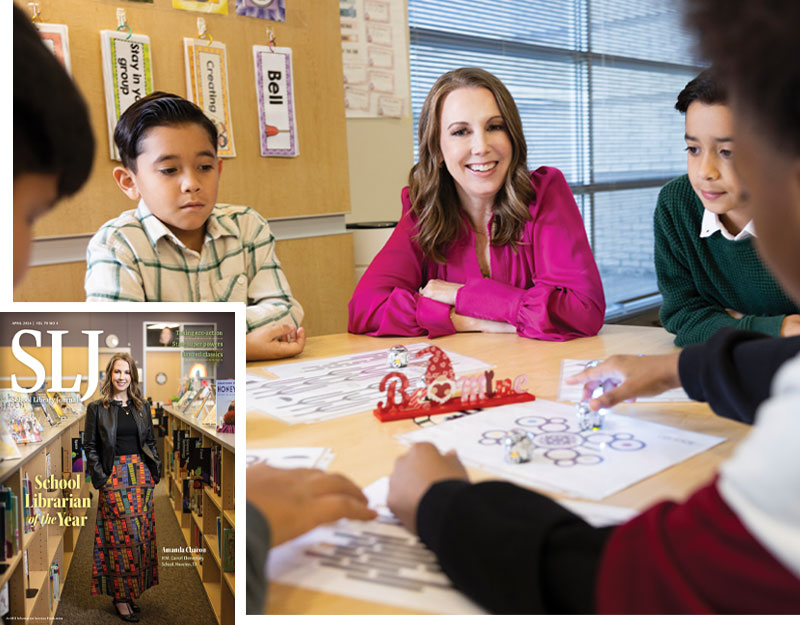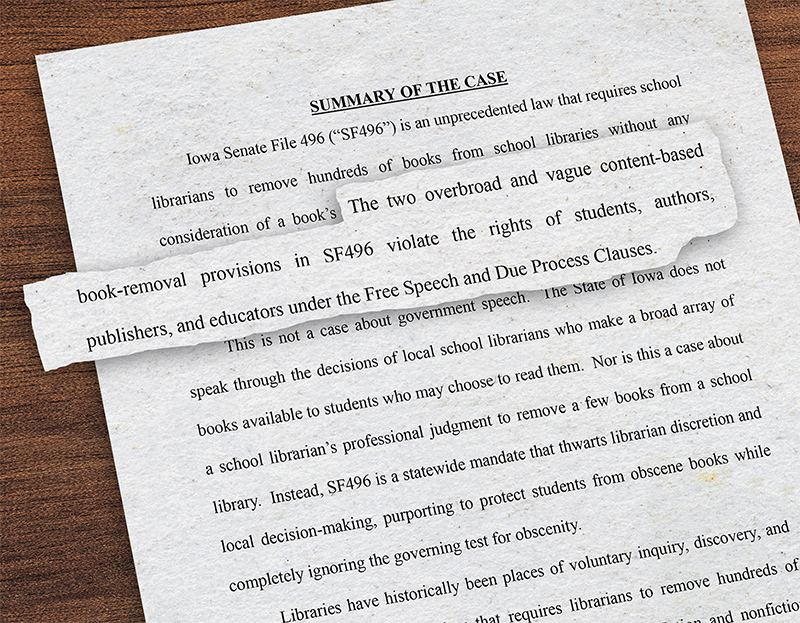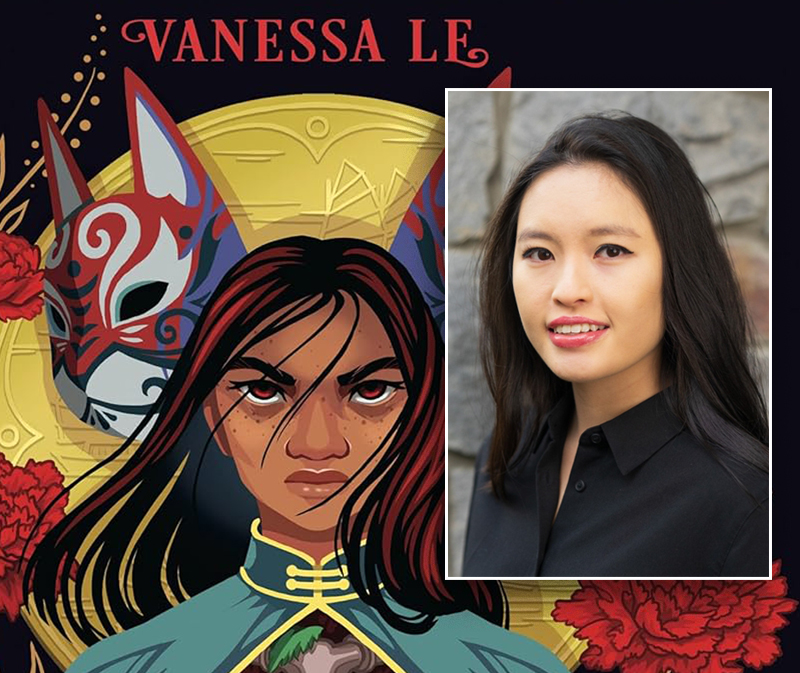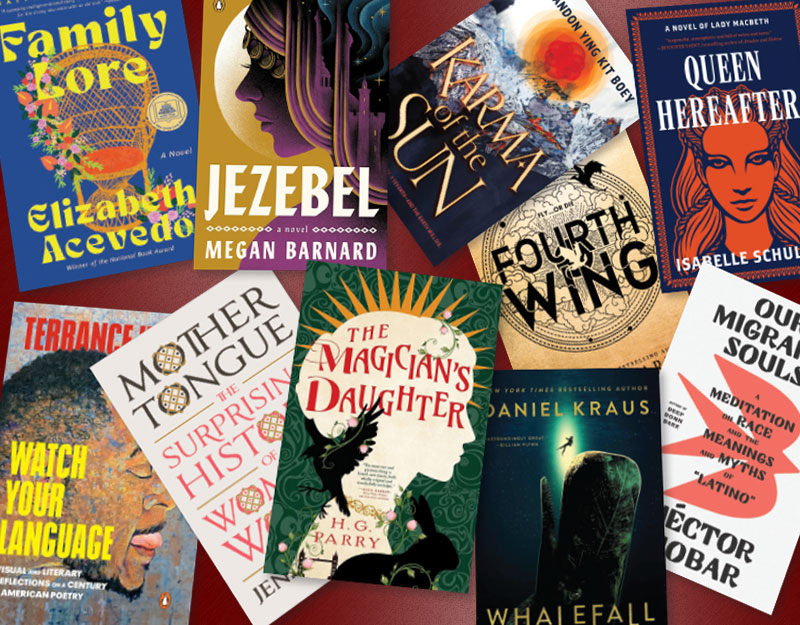SCROLL DOWN TO READ THE POST
Review: The Improper Life of Bezellia Grove
The Improper Life of Bezellia Grove by Susan Gregg Gilmore. Crown, a division of Random House. 2010. Reviewed from uncorrected proof from publisher.
The Plot: As the title promises, the life of one Bezellia Louis Grove, starting with her birth announcement in 1951. Bezellia recounts her youth and teenage years as the daughter of one of the most prominent families in Nashville. Even though the Groves are slowly losing their social prestige, they still have the name, the house, the ancestry and the servants that marks them as part of a privileged class.
Raised more by the family’s African American servants than her own parents, Bezellia tries to figure out what she wants out of life. Is life just about getting the right man? Is her mother right that “there were only three things of value to look for in a man. One, he wears cashmere. Two, he drives a convertible. And three, he glides across the dance floor.”
ADVERTISEMENT
ADVERTISEMENT
The Good: Gilmore paints a world I know little about, a world where the housekeeper lives in a dark basement room and the chauffeur/handyman can be a father-figure to another person’s family. This is always Bezellia’s story, a story told years after it happens. After recounting an incident with her younger sister, Bezellia writes “I think that day Adelaide washed the mud and a whole lot of sadness right down the creek. All these years later, I can still hear her laughter ringing in my ears.” Later she says “now” she is an “old woman.”
While written “all these years later,” Bezellia stays true to the point of view of the child, then teen, then young woman she was. At the start, her mother comes across as a socially insecure woman who treats her servants like children. While that remains true throughout the story, as Bezellia grows older more is revealed about her mother, painting a fuller and more sympathetic picture. Perhaps because Bezellia’s father dies while she is a teenager, we, like Bezellia, do not get a chance to know more about her father. Yes, he inherited a name, a house, debts, and no money and became a respected doctor. He also was distant with his family. We never find out what family secrets and patterns shaped her father, the way we do with her mother.
Bezellia leaves many conclusions to the reader. Throughout the story, her family is slowly falling down the social ladder of Nashville. Part of it is that her mother was not born into the social circle she married into; part of it is her mother’s drinking; part of it is the loss of family money. Meanwhile, those around them are taking advantage of the social changes of the 1960s to move forward. Bezellia meets Ruddy Stemple, born to a poor white family. Instead of following in his father’s footsteps, as his father did before him, Ruddy dreams of a music career. Nathaniel, the family chauffeur/ handyman, has a son, Samuel, who goes to college and dreams of owning a big house by a river instead of working in such a house.
Bezellia’s dreams are different. She dreams of love, of being loved, the love she doesn’t get from her parents. She gets affection from Maizelle, the housekeeper, and Nathaniel. Perhaps because Bezellia is telling this tale as an old woman, both Maizelle and Nathaniel are at times a little too good to be true. They take care of Bezellia and Adelaide, showing more concern for the girls than their parents do. Maizelle sometimes get angry; she spits in the food of Bezellia’s mother and recounts a past of throwing stones and rocks and possible jail time. Maizelle always appears to be the perfect maternal figure that Bezellia’s mother is not. Later on in the book, Bezellia wonders about Maizelle’s nieces and nephews and the life she didn’t have because she took care of another’s family.
Nathaniel has a life outside his job, a life that Bezellia knows little about. “Nathaniel had three girls and a boy. He’d told me so. He talked about them every now and then, always with a brightness in his eyes. But for some reason, I’d never really believed they were real. Or maybe I didn’t want to.” Because Bezellia falls in love with his son Samuel, we meet and know Samuel. He is real to her. Nathaniel’s three other children do not get so much as a name. They continue to be people Bezellia does not want to believe. In these details, Gilmore shows that while Bezellia may fall in love with Samuel and dream of Samuel, she is still a product of her times. Even as she is kissing Samuel, she is denying Nathaniel’s full life outside his role of handyman. When an individual daughter is introduced, Bezellia does not give her a name, an identity, because to do so would risk admitting the truth that Nathaniel is a father to others. He is not her father.
Bezellia’s quest for love, or rather, being loved, leads her to fall for Samuel yet date others. “And in that moment, as I teetered on one foot, it seemed that all those thoughts about Samuel I’d been carrying around for so long were knocked to the back of my heart, just far enough to make room for one more boy.” She doesn’t want Samuel to know about the other boys, but it doesn’t stop her from dating them. I wonder (even thought Bezellia never does), is her love for Samuel real? Or is it Bezellia wanting love? Or is it an attempt to somehow be closer to Nathaniel, to create a pseudo-family relationship with him by being with his son? Likewise, does Samuel love Bezellia or does he love what she represents, the life he wants, the part of his father’s life hidden from him?
The book ends abruptly, with a years-later epilogue of sorts, Bezellia’s obituary. The final chapter is shattering, with Bezellia brutally confronted by the reality of not just her own times but also herself. The leap from her final thoughts, to the obituary reflecting the life she leads after her epiphany, is a bit jarring. It is left to the reader just what Bezellia discovered, about herself and how that impacts her adult life. Me? I think after a book spent looking for love outside herself, she finally found it within.
Filed under: Reviews, Uncategorized
About Elizabeth Burns
Looking for a place to talk about young adult books? Pull up a chair, have a cup of tea, and let's chat. I am a New Jersey librarian. My opinions do not reflect those of my employer, SLJ, YALSA, or anyone else. On Twitter I'm @LizB; my email is lizzy.burns@gmail.com.
ADVERTISEMENT
SLJ Blog Network
2024 Books from Coretta Scott King Winners
The Ultimate Love Letter to the King of Fruits: We’re Talking Mango Memories with Sita Singh
Monkey King and the World of Myths: The Monster and the Maze | Review
Finding Answers to a Not-So-Simple Question, a guest post by Christina Matula
The Classroom Bookshelf is Moving
ADVERTISEMENT
ADVERTISEMENT

